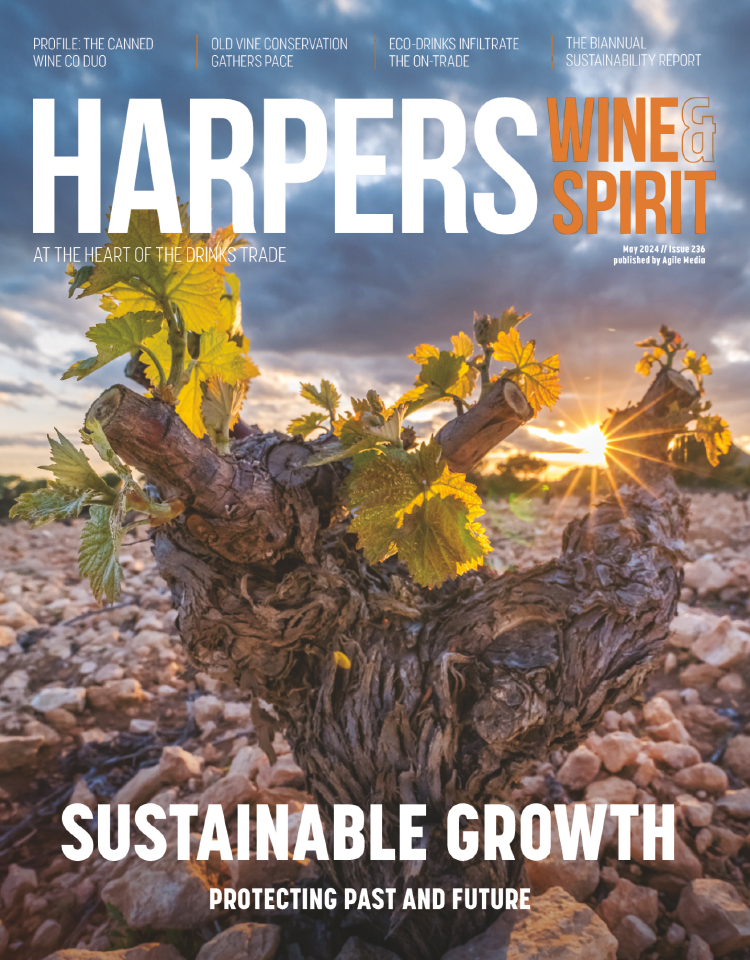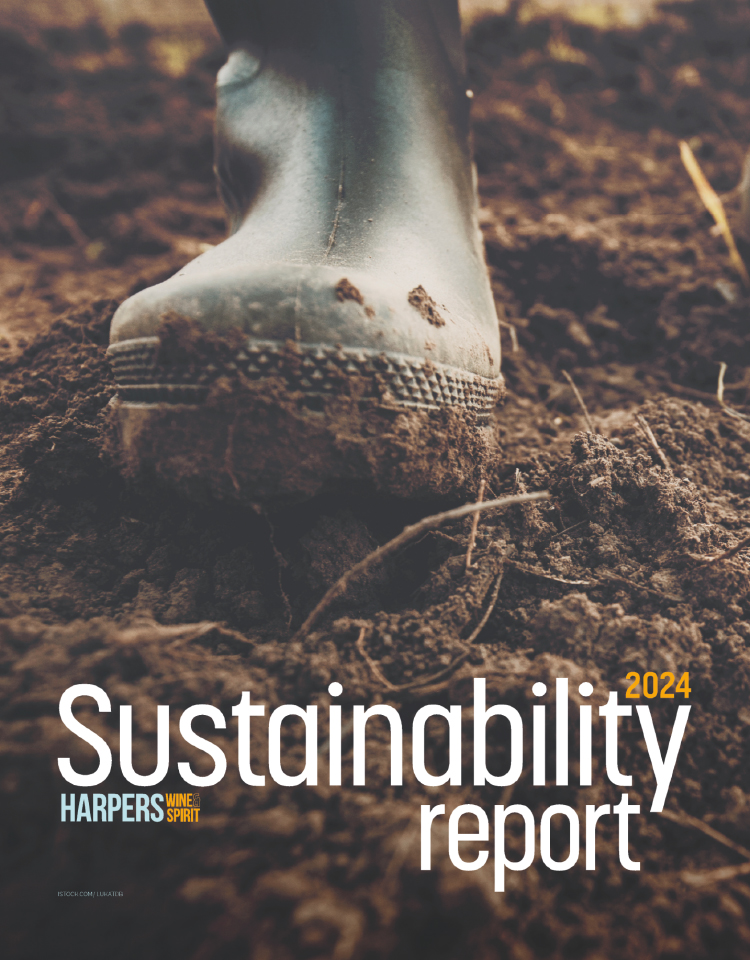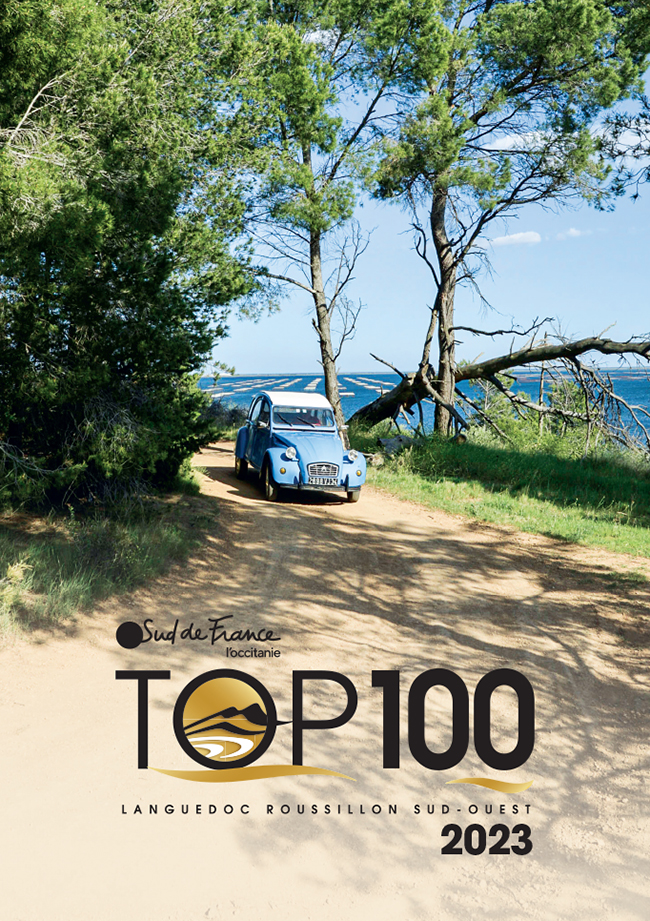Bordeaux squares up
The Bordeaux seminar held as part of the Renaissance of the French Vineyard event - the two-day festival of food and wine at Raymond Blanc's Manoir aux Quat' Saisons on 21-22 November - addressed some of the most urgent questions relating to the world's largest fine-wine region.
The panel was as high-powered as for the sessions on Burgundy and the Rhne (see Harpers, 2 December, pp.16-17). In the chair was Michael Broadbent MW, who began: Bordeaux has always been the major part of my market - and my love. I always come back to Bordeaux - it's the Mecca.' The other members of the panel, which Broadbent described as some panel', were: Jean-Michel Cazes (Chteau Lynch-Bages); Bernard Magrez (Les Vignobles de Bernard Magrez); Jean-Marc Sauboua (The Sunday Times Wine Club), Jean-Luc Thunevin (Chteau Valandraud); and Grard Basset MW MS.
At the start of the session, Andrew Jefford appeared in a video clip, explaining what he saw as the unique appeal of French wines in general. All around the world, everybody is trying very, very hard,' he said. But no nation can match France for the finesse, versatility, diversity, elegance and food-friendliness of its wines.'
In response to the first of several prepared questions - What can be done about Bordeaux's declining market share (which has shrunk 22% by volume and 13% by value in the UK)? - Cazes said: Bordeaux has some difficulties, but that's also true of every region in the world - grapes were left on the vines in Australia during the last vintage. The top Bordeaux properties have never had it so good. At the lower end of the pyramid, they are having difficulties with competition and oversupply, so they need to reduce the volume. Now we have around 128,000 hectares, which is about 10,000 hectares too many, and these will disappear over the years. We should continue to modernise, to make modern wines. Bordeaux has some of the most modern technologies in the world.'
A closely related question from the floor asked what Bordeaux could do to prevent a situation in supermarkets where in five or 10 years' time there would be no guaranteed space for Bordeaux, but merely for a Cabernet/Merlot at 5-7? Magrez did not think this was a likely scenario: It is not a worry. Bordeaux can cope, as long as we listen to the consumer.' Hugh Johnson, also contributing from the floor, admitted there was the risk of such a reduced range but asked: Who's going to shop in supermarkets then? People have aspirations Some wine buyers will desert supermarkets, and the rest of the trade will prosper.'
As to whether New World Cabernet Sauvignon and Merlot are helping or hindering Bordeaux, Basset quipped: Imitation is the sincerest form of flattery! It's a good thing!' Sauboua agreed: They're giving different things; we should appreciate them for reflecting what they are and where they are made.' There was a consensus among most of the panel that varietal labelling would help some of the less well-known Bordeaux properties, but not the crus classs. Cazes said: It's purely a marketing question. Latour etc are brands and don't need any more explanation. But for other less well-known wines it could be useful to give more information to the consumer.' Magrez declared roundly: The future of Bordeaux is not varietal; rather, it is making wines that interest the consumer.'
Two questions tackled the theme of Bordeaux terroir - whether it should be better communicated to consumers, and whether it would be better expressed through organic or biodynamic viticulture?
Thunevin (whom Broadbent had introduced as a hero, the first of the new wave, who are taking winemaking to the ultimate'), was characteristically forthright. Speaking through
Le Manoir's head sommelier, Xavier Rousset, to whom fell the challenging task of translation, Thunevin acknowledged the achievements of biodynamic producers such as Domaine Leflaive in Burgundy and Huet in the Loire, but said that Bordeaux's climate would always make it less practical there. He protested that the renaissance will not be through terroir I am anti-terroir Terroir is a protection for people to hide behind It's too complex, too sophisticated There are too many appellations in Bordeaux. More than 80% of consumers want wine that is cheap, easy to drink and understand, and we have forgotten that in France. We can make good wines almost everywhere in Bordeaux.'
Cazes begged to differ, attributing to terroir the thrilling variety of Bordeaux wines and insisting that it is a question of education, education, education'. He did, however, pay tribute to garagistes such as Thunevin, comparing them to the makers of Formula One racing cars. We all benefit,' he explained. We can't do what they do But the brakes in your car are better because of Jaguar and the others.'
Hugh Johnson suggested that the crux of the issue was the stricter definition of the Bordeaux appellation: AOC Bordeaux is almost a gift to everybody - it's a political boundary rather than one based on terroir. Too much of Bordeaux is not of the right quality. How can third-rate Bordeaux be eliminated? By pulling up vines? Or by defining much more closely the Bordeaux vineyard?' Michel Bettane, also in the audience, agreed that these were absolutely the right questions'.





